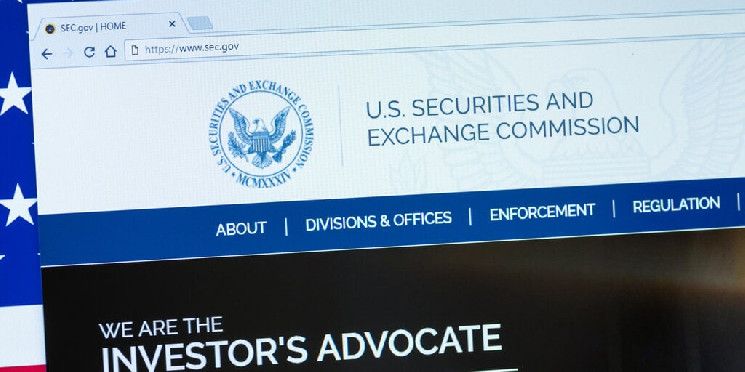The U.S. Securities and Exchange Commission has delayed a decision on allowing spot Bitcoin ETFs options to trade on the New York Stock Exchange, the regulatory body announced on Monday.
In its declaration, the SEC extended the initial review period for trading any Bitcoin ETF options—including digital asset manager firm Bitwise’s Bitwise Bitcoin ETF and Grayscale’s Grayscale Bitcoin Trust—another 45 days to the end of May.
“The Commission finds it appropriate to designate a longer period within which to take action on the proposed rule change so that it has sufficient time to consider the proposed rule change,” SEC Assistant Secretary Sherry R. Haywood wrote.
According to Haywood, the SEC chose May 29, 2024, as the deadline to either approve or deny the amended rules.
For some, the SEC’s continuing delay in making decisions on crypto-based ETFs will only further damage the agency’s reputation.
“There’s an old saying, ‘Justice delayed is Justice denied,’” Georgetown University Associate Professor of Finance James Angel told Decrypt. “A regulatory agency that basically can’t do its job on time loses credibility in the eyes of their constituents, the people they regulate, Congress, and the general public.”
As Angel explained, the SEC’s argument for not approving Bitcoin ETFs was hampered by the agency’s approval of Bitcoin Futures ETFs, and the progress of Bitcoin ETF approvals slowed down due to bureaucracy and red tape.
“Gensler has a very ambitious agenda, and he’s a lot more process-driven than previous SEC chairs,” Angel added. “So, what we see happening is the work that comes out of the commission, things like the rule filings keep getting longer and longer. And since the SEC keeps losing in court, they feel like they have to do a better job of documenting what they do.”
The proposal to permit the listing and trading of Bitcoin ETF options on the New York Stock Exchange was submitted on February 29, a month after the SEC approved 11 spot Bitcoin ETFs in January.
An ETF option refers to a financial derivative that allows investors to buy or sell ETF shares at a set price by a specific date, offering a way to speculate, hedge, or earn income with the diversification of ETFs.
According to data from the Chicago Board Options Exchange, in the last 24 hours, the New York Stock Exchange held 21.22% of the U.S. options market volume and 19.43% for the last five days.
The SEC noted receiving two comments on the proposed rule change, and while the agency did not say who the comments were from, Grayscale and Angel had comments on file.
“Our argument is straightforward: if investing in options for shares of products holding derivatives of an asset is acceptable for investors, investing in options for shares of products holding the asset itself should be as well,” Grayscale CEO Michael Sonnenshein wrote.
Sonnenshein emphasized that because the SEC already allowed options on Bitcoin futures ETFs and approved Bitcoin ETFs for trading, it should also approve the listing of options on Bitcoin ETFs.
In August 2023, Grayscale won its appeal against the SEC, challenging the regulators’s previous rejections of spot Bitcoin ETFs based on market manipulation concerns. The victory paved the way for the Grayscale to convert its Bitcoin Trust into an ETF.
“Don’t you have better things to do than waste time through extended navel-gazing on these rule filings?” Angel said in his comment. “This delay mystifies me and many others. Is the SEC searching for another fig-leaf of an excuse to reject this? If so, it must have a masochistic desire for yet another humiliating defeat in court.”
Even though the SEC has approved Bitcoin ETFs, the regulatory agency has yet to approve a spot Ethereum ETF, delaying decisions on proposals from Invesco, Galaxy Digital, and Ark/21Shares.
“The market treats Bitcoin like a speculative tech stock,” Angel added, noting a correlation between the digital asset with other tech stocks. “But just because it’s future is uncertain, doesn’t mean that people should not be able to trade this thing in a well-regulated environment.”
Grayscale and Bitwise did not immediately respond to Decrypt’s request for comment.
Edited by Ryan Ozawa.
Read the full article here









